Final conference of CBRN-POL project
A conference summarizing the results of the international project was held on August 28 in Zielonka near Warsaw. Although the results of the project are mainly directed to police officers, the…
Terrorist activities involving the use of chemical, biological, radiological and nuclear (CBRN) materials are the latest threat to the European public. The use of any of these types of weapons in a terrorist act could lead to undermining of the economic stability, public security and social integrity of the European Union. The risk of use of CBRN materials as a tool has evoked an urgent need for numerous countermeasures. According to the May 2016 briefing of the European Parliament in their next attacks ISIL/Da’esh terrorists might use non-conventional weapons, most probably improvised explosive devices containing chemical or radioactive materials.
Police officers from regular patrol units are most frequently the first-responders to the scenes of terrorist attacks. There, facing the unknown, they are the most exposed to the after effects. While the world’s police forces do provide some training for conducting operations in CBRN activities to their special anti-terrorism units, these units only arrive on the scene after some time has elapsed. The training for basic patrol units is missing or marginal, so the need to rectify this is clear. These officers may need to detect and identify threats, secure the scene, and call the appropriate specialised forces. Additionally, according to their central mandate of ‘preserve and protect life’, police officers may also need to participate in subsequent rescue operations.
As such, the general aim of the CBRN-POL project is to create a modern, multidisciplinary CBRN training curriculum and training educational materials, dedicated to police officers and universally applicable in all EU Member States.
The scope of the educational programme should meet the demand for safe, responsible and effective responses by front-line police officers attending the scenes of intentionally-induced incident involving CBRN materials.
The CBRN-POL project represents a novel concept in interdisciplinary education on CBRN terrorism, based on a deep analysis and overview of the most realistic threats to civilization. To the best of our knowledge, at present there are no comprehensive training courses for police officers that cover all aspects of CBRN terrorism. Although specialized training materials do exist for each kind of CBRN threat, they are separate and intended for the military, special anti-terrorist units or fire brigades. The tasks of police patrol units in CBRN first-response actions are defined differently from those of such specialized units.
For the CBRN-POL project we put together a multidisciplinary team of specialists experienced in various fields of CBRN expertise, as well as in educational methodology, who will be sharing their experience and professional knowledge of CBRN risks. The experts of the CBRN-POL project have been drawn from five complementary partners across three European countries – Poland, Belgium and Cyprus. The project’s goal is to exchange and spread rules of good practice in all areas of CBRN threats, through study visits by experts and training at the partners’ sites, with each partner bringing its own speciality to the table. The University of Lodz (UL) will be responsible for biological threats; the Industrial Chemistry Research Institute (ICHP) for chemical threats; the Belgian Nuclear Research Centre (SCK•CEN) in the radiological/nuclear domain, and the Polish Police Headquarters (KGP) will specify the input and output requirements and create the overall structure of the course, as well as create management schemes for it. The Centre for the Advancement of Research and Development in Educational Technology (CARDET) will take care on the didactic/methodological aspects of preparing the curriculum and educational materials.
We assume that this project will increase the capacity for detection, management and mitigation of CBRN attacks, not only on the territories of the countries partnering the project, but also across the entire European Union – other member states will also be able to use the educational materials created by CBRN-POL for their own training needs.

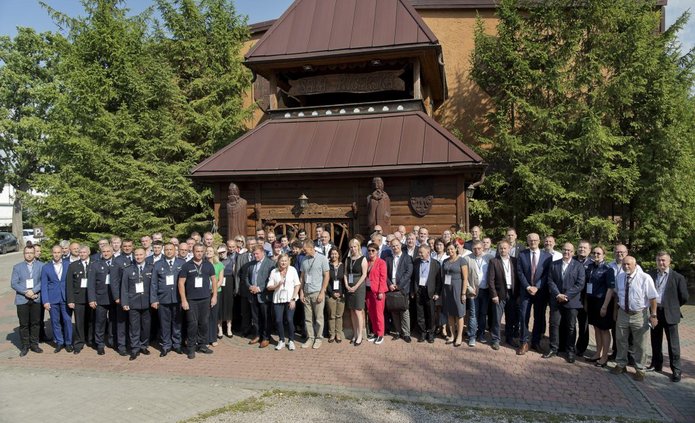
A conference summarizing the results of the international project was held on August 28 in Zielonka near Warsaw. Although the results of the project are mainly directed to police officers, the…
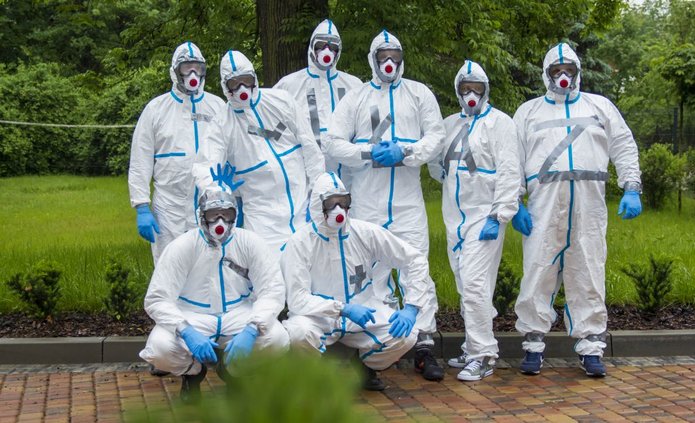
In May 2019 the University of Lodz organised two pilot training session for police officers. The trainings were conducted by CBRN-POL police trainers (trained in September 2018). During these…
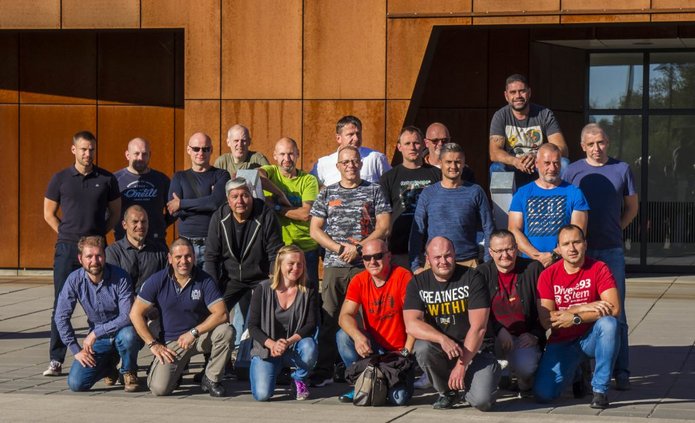
During two weeks of intensive training 19 police trainers (11 Police trainers from Poland, 6 from Belgium and 2 from Cyprus) have been trained according to CBRN course curriculum. This event was…
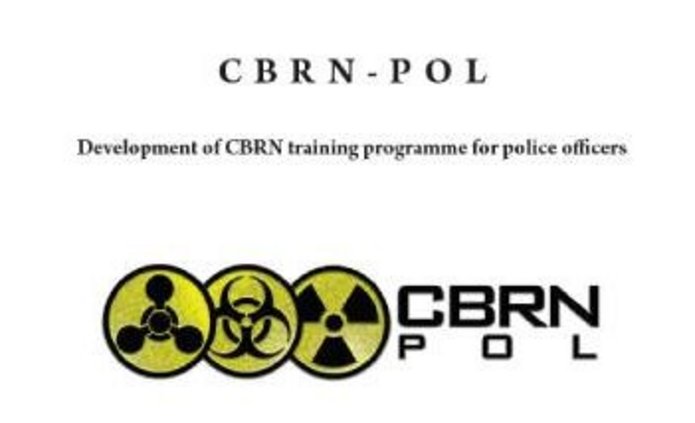
CBRN education was initiated in response to the need to strengthen the internal security potential of the EU Member States to counteract potential threats that come with use of a hazardous chemical,…
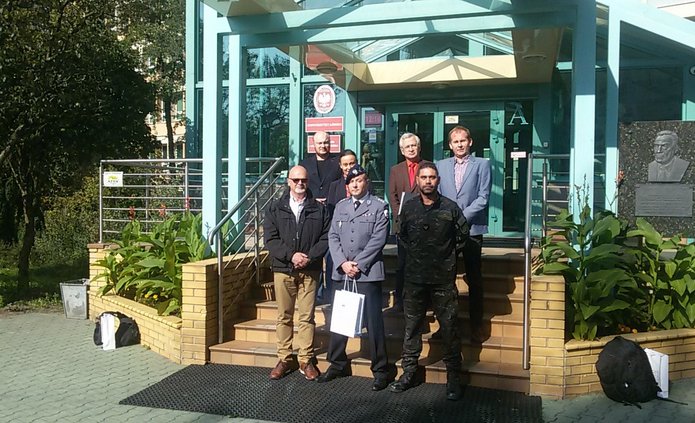
From the 25th to 29th of September in Lodz and Szczytno, Poland, the study visit of the ERASMUS+ project ‘Development of CBRN training programme for police officers (CBRN-POL)’ was held by the…
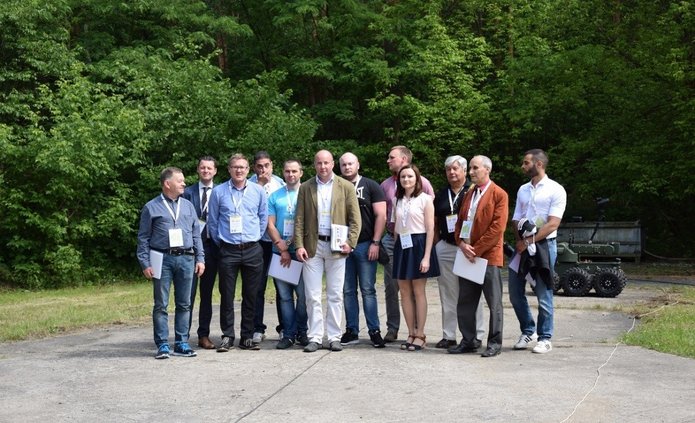
From the 26th-30th of June in Warsaw, Poland, the second study visit of the ERASMUS+ project ‘Development of CBRN training programme for police officers (CBRN-POL)’ was held by the The Industrial…

Thanks to CARDET our project has a new associated partner – The Cyprus Police. Cyprus Police was created according to Art.130 of the Republic of Cyprus constitution of 1960. Cyprus Police operates…
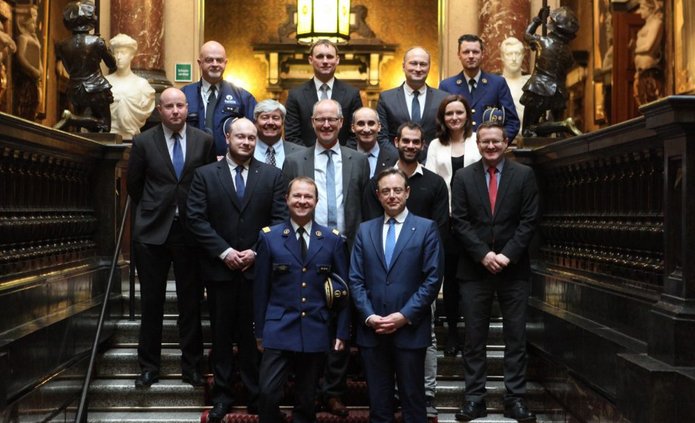
From the 6th-10th of March in Antwerp, Belgium, the first study visit of the ERASMUS+ project ‘Development of CBRN training programme for police officers (CBRN-POL)’ was held by the Studie centrum…
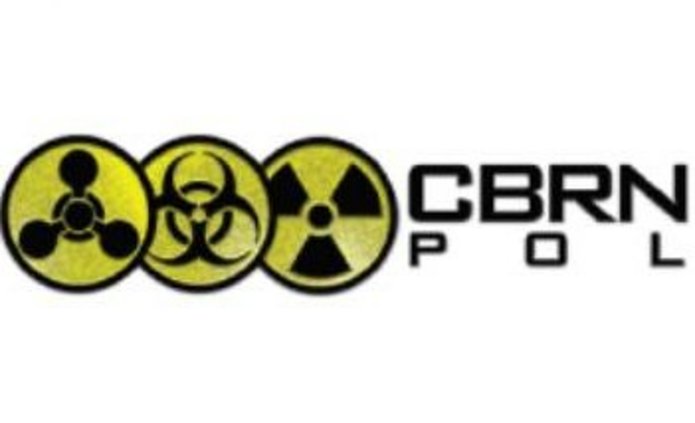
The project „Development of CBRN training programme for police officers”, acronym CBRN-POL has been funded from European Commission programme Erasmus+ , Call: 2016, action: KA2 – Cooperation for…
Acts of chemical, biological, radiological and nuclear (CBRN) terrorism are four new risks that the European public has to take into consideration. The use of CBRN weapons in acts of terrorism could open the door to the possibility of destabilization of the European Union, and lead to undermining its economic stability, public security and social integrity.
The CBRN-POL project aims to increase public security, and in particular, public resilience to crises involving chemical, biological, radiological or nuclear components, particularly if intentionally caused by terrorists. During such events, the role of the police is expected to be substantially greater than in the case of industrial or traffic accidents involving chemical spills or biological leaks, etc.
We have put together a multidisciplinary team of experienced specialists representing various disciplines, ready to share their experience and professional knowledge of dealing with CBRN threats. Institutions with material expertise in CBRN issues who are contributing to the project include the Belgian Centre of Nuclear Research, the University of Lodz and the Industrial Chemistry Research Institute, which have joined forces with the Polish National Police Headquarters to form a unique taskforce. In addition, a partner from Cyprus, CARDET, specializing in teaching methodology, rounds out the necessary competencies.
CBRN-POL’s programme includes analysis of training needs, in order to collect detailed information on gaps in the knowledge and skills of police officers in the CBRN incidents. Based on these analyses, we try to fill gaps in police CBRN knowledge and skills through creation of an educational curriculum, handbooks and instruction manuals, supplemented with audio-visual materials.
We believe that this project will increase first-responders’ capacity to mitigate CBRN risks, as well as the consequences of their misuse in the territory of the European Union.
Project N° 2016-1-PL01-KA202-026417
This project has been funded with support from the European Commission. This publication reflects the views only of the author, and the Commission cannot be held responsible for any use which may be made of the information contained therein.